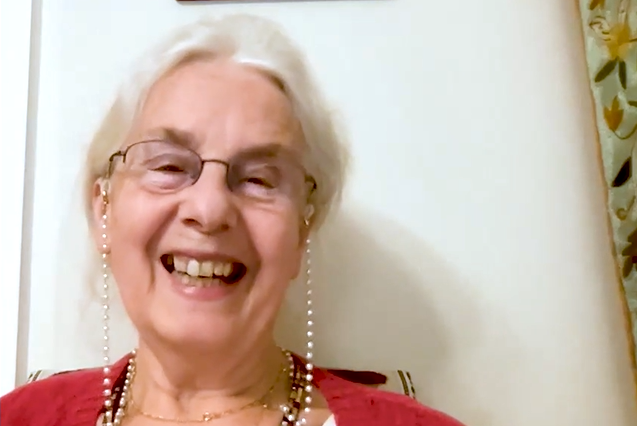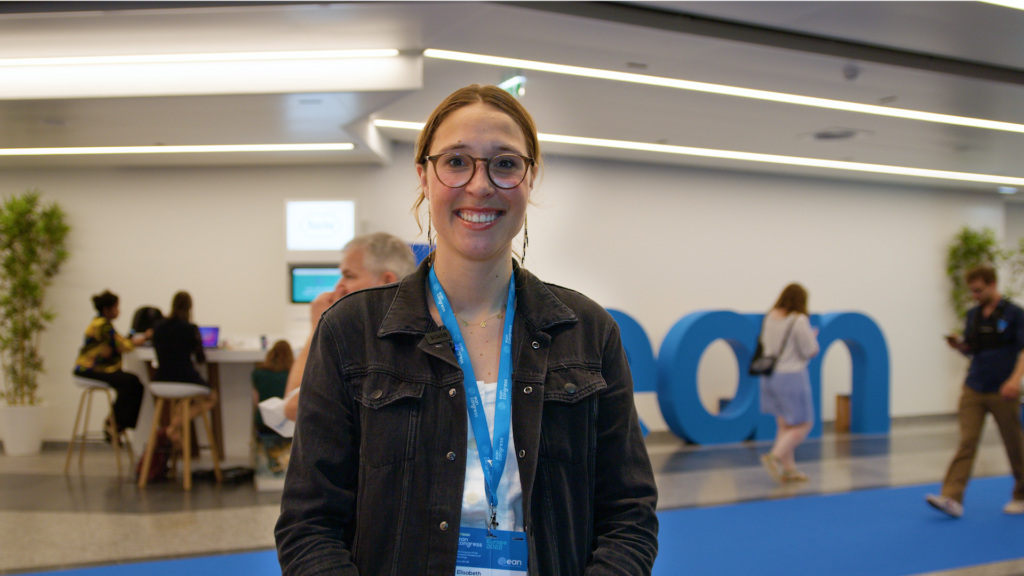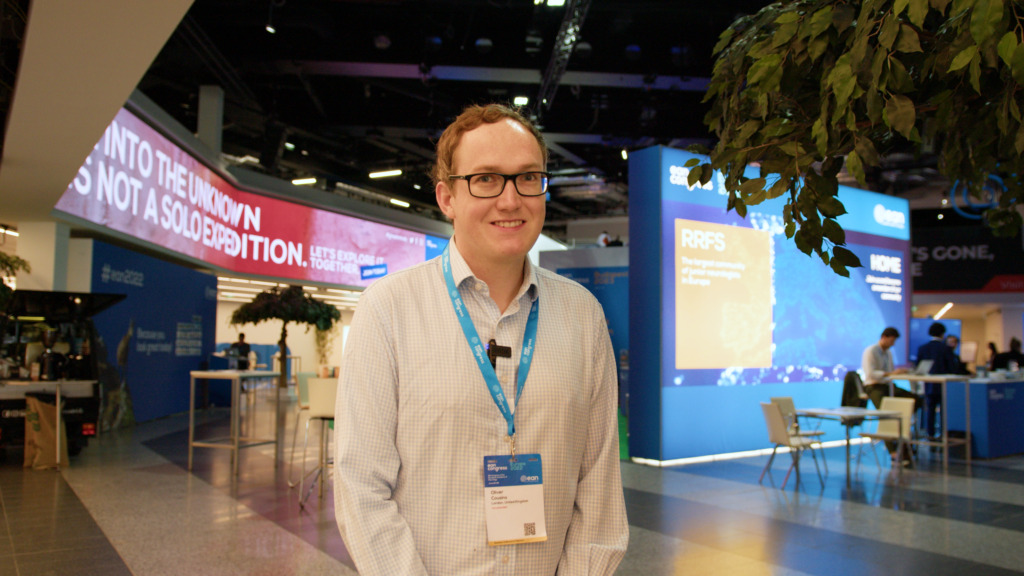US Neurology Editorial Board member, Jeffrey Cummings (UNVL Department of Brain Health and Cleveland Clinic Lou Ruvo Center for Brain Health, California, USA), considers both successes and failures with emerging new treatments for Alzheimer’s disease, and important steps to be taken to improve future clinical trial design.
Questions
1. What is the current status of the clinical development of monoclonal antibodies (mAbs) against the amyloid-β peptide? (0:04)
2. What is the rationale for repurposing drugs such as rasagiline in Alzheimer’s disease (AD)? (1:20)
3. What makes rasagiline particularly attractive as a potential AD treatment? (1:55)
4. What are the current unmet needs in AD research? (2:31)
5. Given the clinical trial failures in AD, how can we improve clinical trial design in the future? (3:23)
Speaker disclosures: Dr Cummings has provided consultation to Acadia, Accera, Actinogen, AgeneBio, Alkahest, Allergan, Alzheon, Avanir, Axsome, Binomics, BiOasis Technologies, Biogen, Bracket, Denali, Diadem, EIP Pharma, Eisai, Genentech, Green Valley, Grifols, Hisun, Idorsia, Lundbeck, MedAvante, Merck, Otsuka, Pain Therapeutics, Probiodrug, Proclara, QR, Resverlogix, Roche, Samumed, Shinkei Therapeutics, Sunovion, Suven, Takeda, and United Neuroscience pharmaceutical and assessment companies. He has also provided consultation to Global Alzheimer Platform (GAP). Dr Cummings owns the copyright of the Neuropsychiatric Inventory (NPl) and is the Chief Scientific Officer of CNS Innovations. He owns stock in ADAMAS, BioAsis, MedAvante, and QR Pharma. He receives the following NIH support: COBRE grant # P20GMI09025; TRC-PAD # R01AG053798; DIAGNOSE CTE # UOINS093334.
Filmed at the American Academy of Neurology (AAN) Annual Meeting, Philadelphia, USA, May 2019.












